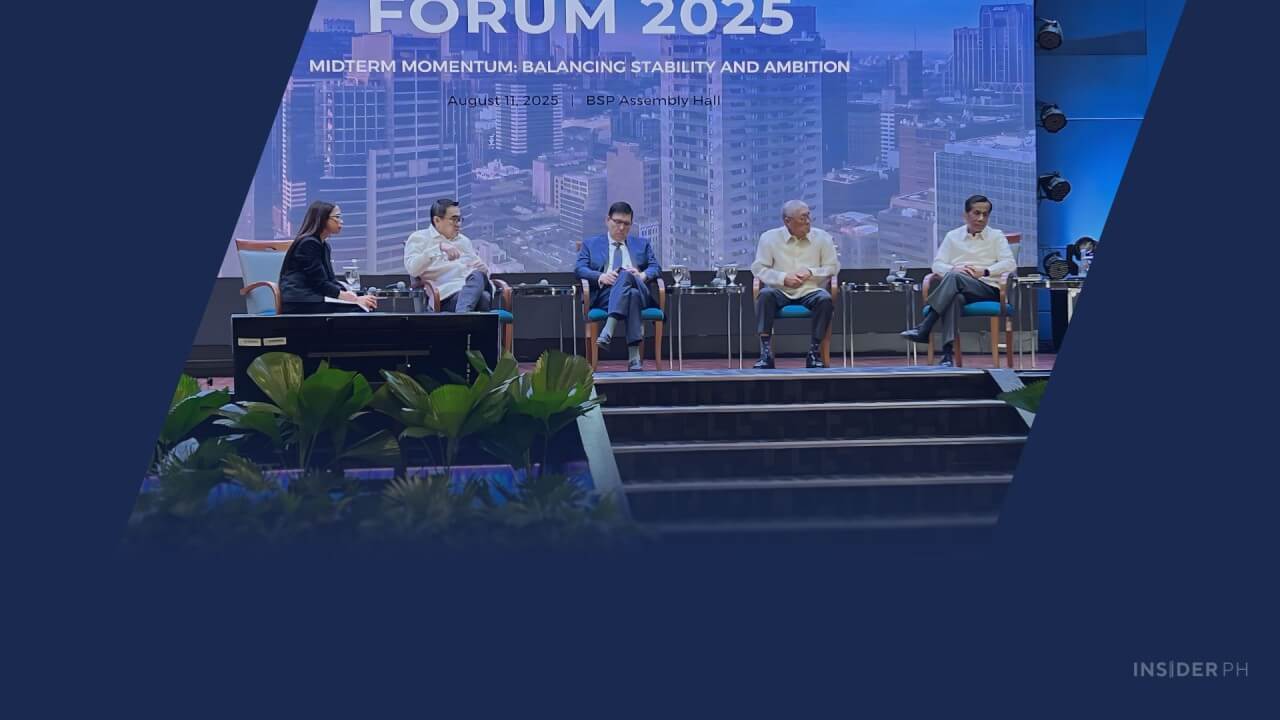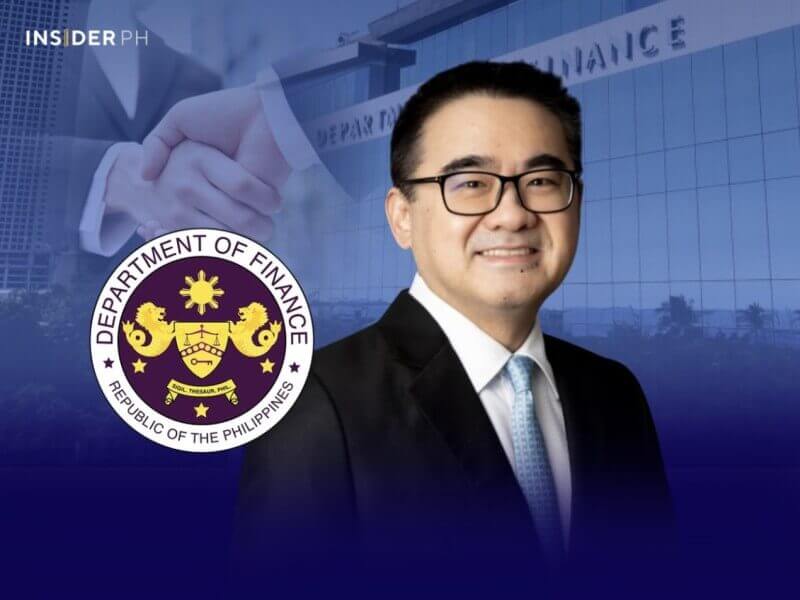

Insider Spotlight
Why it matters
Online gambling is one of the fastest-growing segments of the Philippine gambling industry, contributing a large share of the Philippine Amusement and Gaming Corp.’s (Pagcor) income. But with only 40 percent of operators under regulation, policymakers warn of potential harm to vulnerable groups.
The numbers
Finance Secretary Ralph Recto said Pagcor generates about P100 billion annually from gambling, with around P50 billion coming from online operations. He noted that 60 percent of online gambling remains unregulated.
Presidential Adviser for Economic Affairs Frederick Go projected that Pagcor’s online gambling gross gaming revenue (GGR) will exceed P60 billion this year, given the agency’s expected P200-billion overall GGR.
What they’re saying
“I am against online gambling… [but] if you can’t stop it… increase the regulation and possible revenue generation,” Recto said, endorsing the Bangko Sentral ng Pilipinas’ (BSP) push to make mobile-based gambling harder for young users.
Go suggested stricter know-your-customer (KYC) protocols to block underage players and government employees, including use of the national ID for verification. He also pushed for minimum bet amounts (e.g., P100) and minimum entry levels (e.g., P1,000) to deter impulsive or desperate gamblers.
“That way you don’t have somebody coming in… betting everything he has on one bet,” Go said.
Bangko Sentral ng Pilipinas Governor Eli Remolona Jr. supported measures to make access less frictionless, such as banning ayuda recipients from gambling and relying on strong KYC systems.
“Anything in gambling leads to social harm… It harms his family or her family,” Remolona said.
The big picture
The discussion at the Economic Journalists Association of the Philippines (EJAP) forum comes as the government weighs how to capture revenues from a sector that is expanding online — while containing its social costs.
Pagcor has faced pressure to tighten oversight following reports of illicit operators and cases of problem gambling, especially among youth and financially vulnerable Filipinos.
Officials indicated that legislative and regulatory changes could be on the table to address both enforcement gaps and payment system controls.
